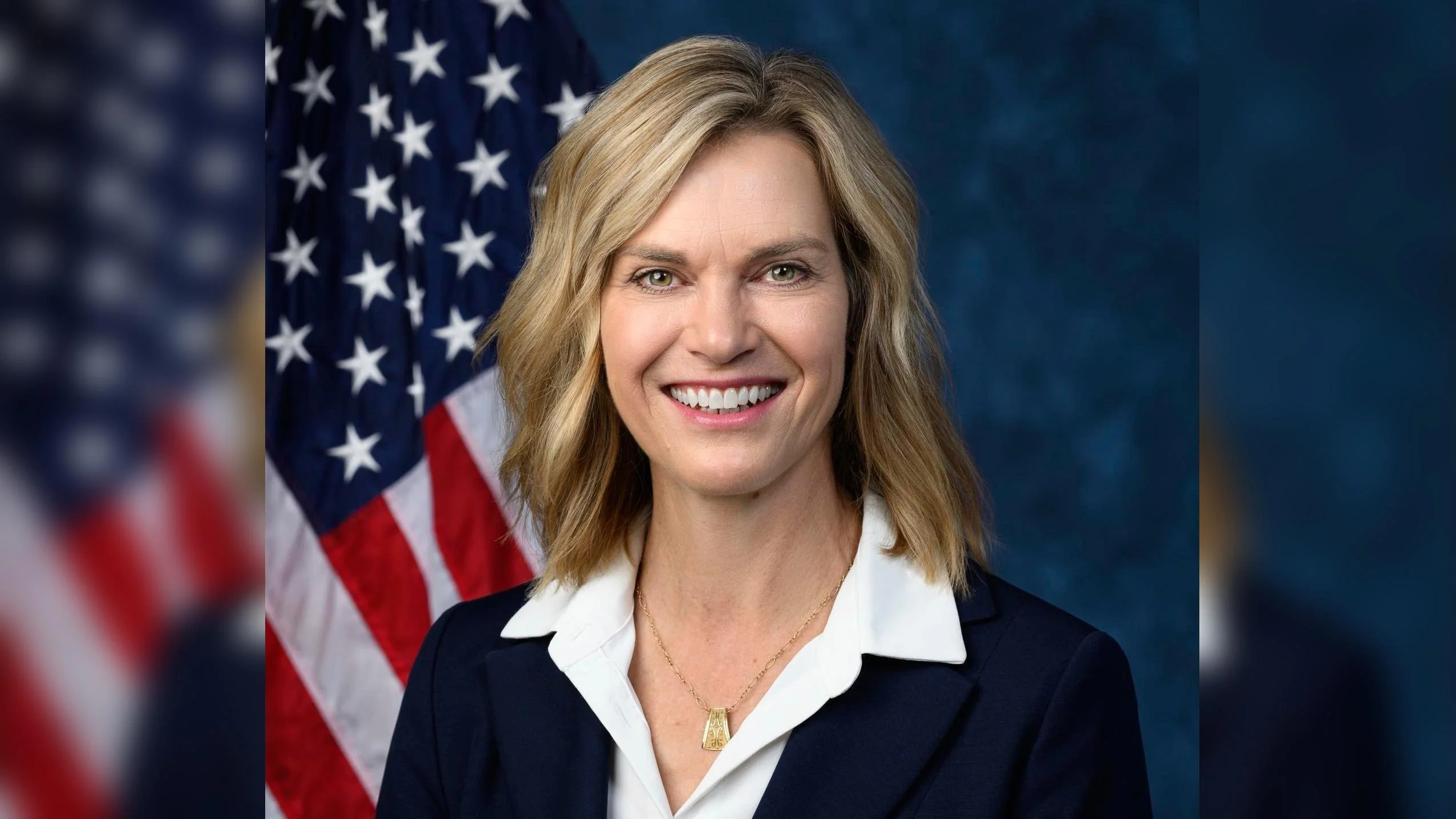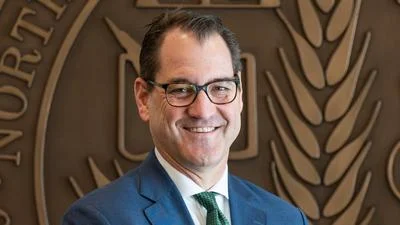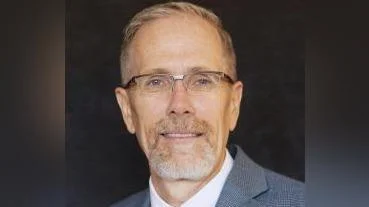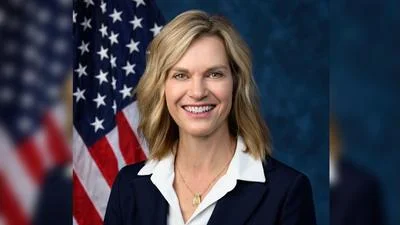Julie Fedorchak Congresswoman | Official Website
Julie Fedorchak Congresswoman | Official Website
Congresswoman Julie Fedorchak (R-ND) joined U.S. Secretary of Energy Chris Wright, Senator John Hoeven, and Governor Kelly Armstrong at the University of North Dakota’s Energy & Environmental Research Center (EERC) to discuss integrating North Dakota’s coal industry with its oil and gas sector by using carbon dioxide for enhanced oil recovery.
The event included meetings with EERC leadership, a facility tour, and a roundtable called “Cracking the Code 2.0.” Participants in the discussion included leaders from state energy industries, North Dakota Department of Mineral Resources Director Nathan Anderson, UND President Andy Armacost, and state legislators. The focus was on EERC’s partnership with the Department of Energy (DOE) and advancements in carbon capture technology, oil recovery methods, and other projects intended to provide reliable energy from the Bakken region.
“North Dakota’s leadership in developing the energy technologies our nation needs was on full display today. From carbon capture that boosts oil recovery to extending the life of reliable coal plants, the innovation happening here is second to none—thanks in large part to the researchers, engineers, and partners at the EERC,” Fedorchak said. “Having Secretary Wright here to see this work firsthand and discuss ways the DOE can further enhance this work is vital. Secretary Wright understands that energy is foundational to modern life—and how it improves lives for Americans and others around the world. As we saw today, North Dakota’s innovation, resources, and work ethic are making that mission possible.”
During their visit to EERC facilities, participants observed ongoing projects such as recovering rare earth elements from lignite coal; testing injection wells; and applying CO2 to improve Bakken oil recovery rates while supporting coal-fired power plant longevity. These efforts align with changes made through recent legislation designed to promote CO2 use for enhanced oil recovery as a way to strengthen U.S. energy security.
At “Crack the Code 2.0,” discussions focused on strategies for increasing Bakken oil recovery rates—which currently range between 5% and 15%. This means there could be billions more barrels available for extraction from existing fields. In 2023 alone, total production from Bakken surpassed five billion barrels; enhanced oil recovery techniques could add another five billion barrels over time.
Earlier in 2025, Congresswoman Fedorchak introduced legislation called the Baseload Reliability Protection Act which would prohibit retiring baseload electricity generators—such as coal-fired power plants—in areas deemed at risk of electricity shortages by NERC. The aim is to maintain dependable sources during periods when grid reliability may be threatened.




 Alerts Sign-up
Alerts Sign-up